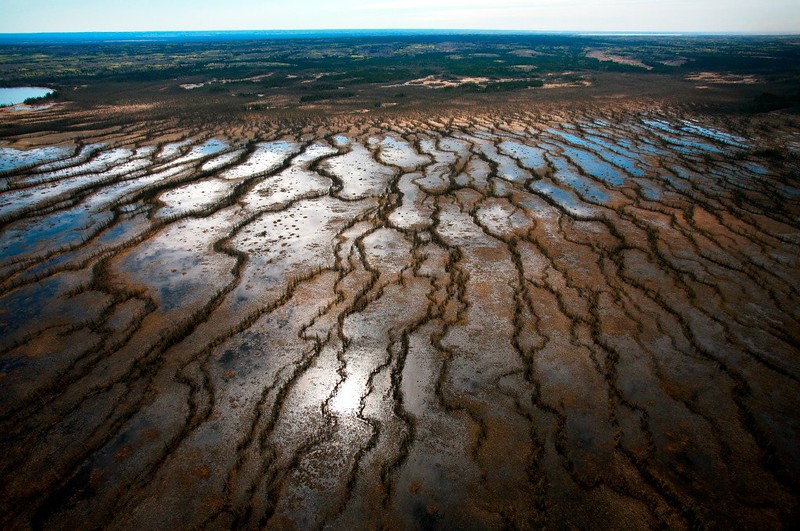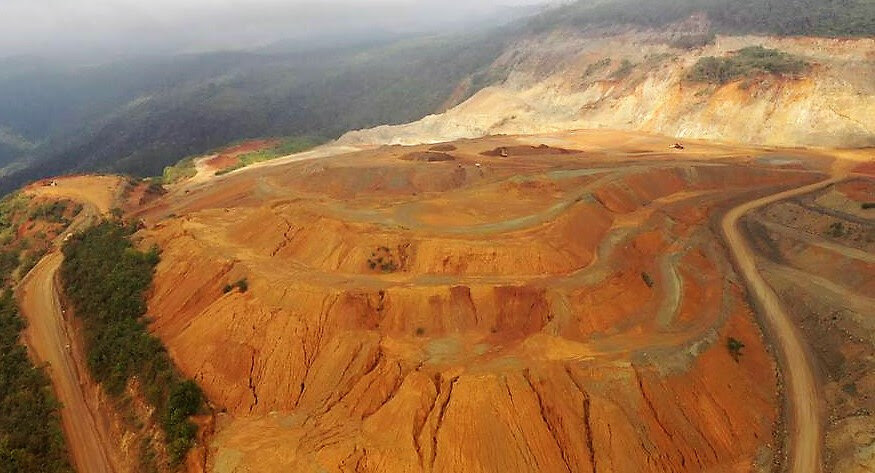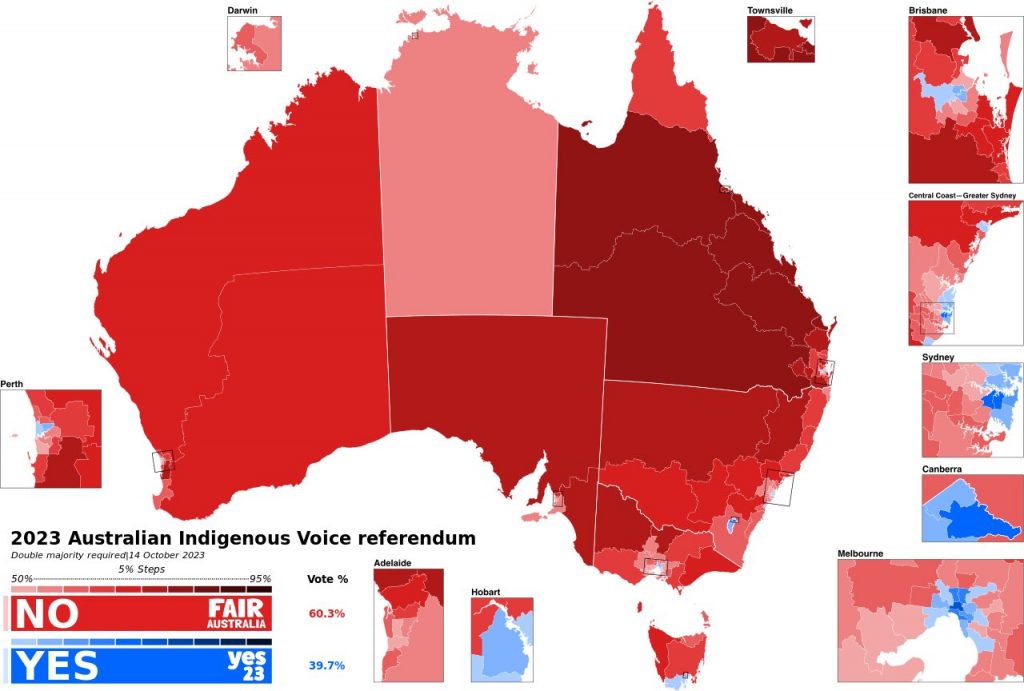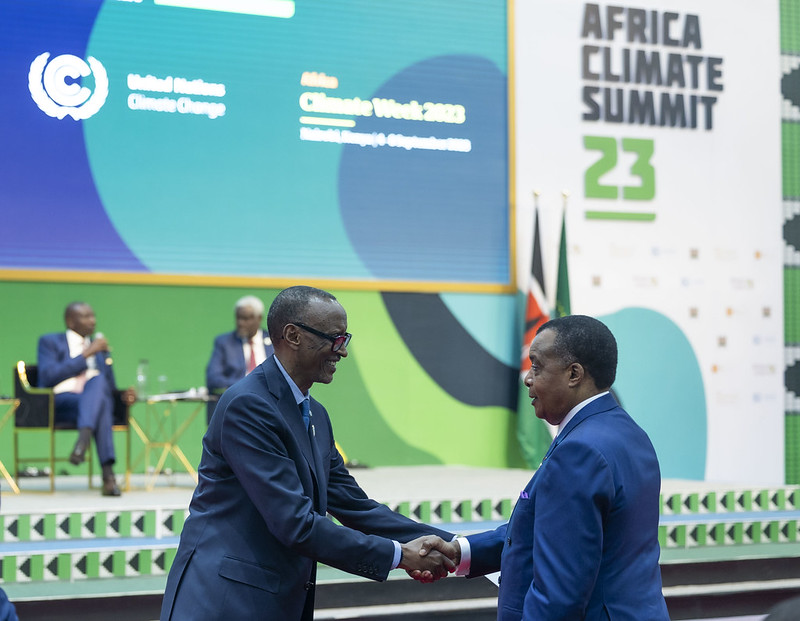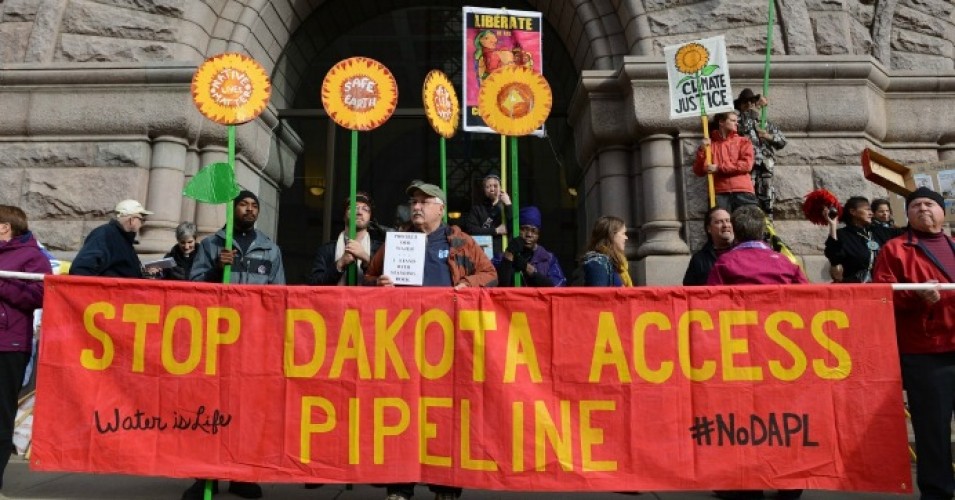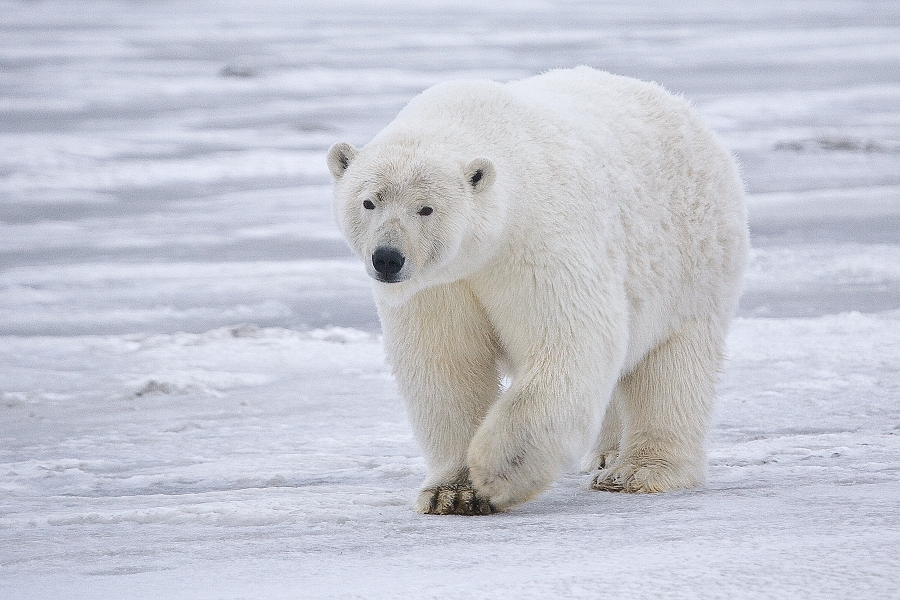“This is a humanitarian disaster in the making—it’s absolutely vital that the loggers are thrown out, and the Mashco-Piro’s territory is properly protected at last,” said the director of Survival International.
By Brett Wilkins. Published 7-16-2024 by Common Dreams

A leading rights group on Tuesday called for loggers to be “thrown out” of a remote part of the Peruvian Amazon following recent sightings of people belonging to what is believed to be the world’s largest uncontacted Indigenous tribe.
London-based Survival International published video and photos of dozens of Mashco-Piro people taken near the village of Monte Salvado in southeastern Peru near the Brazilian border. The group said that in recent days, more than 50 Mashco-Piro have appeared near the village, which is inhabited by the related Yine people. A group of 17 Mashco-Piro were also recently sighted near the neighboring village of Puerto Nuevo.
Continue reading




